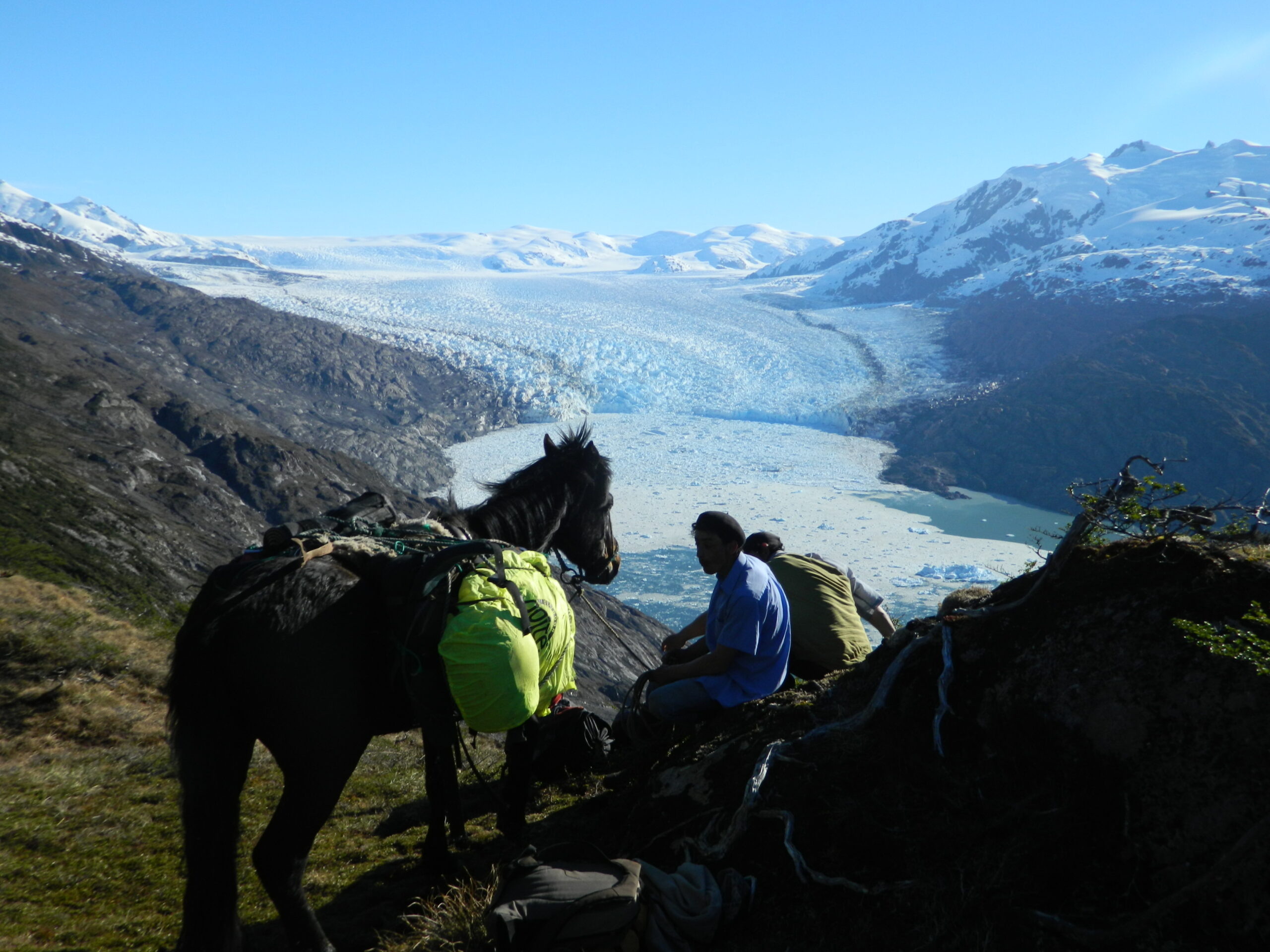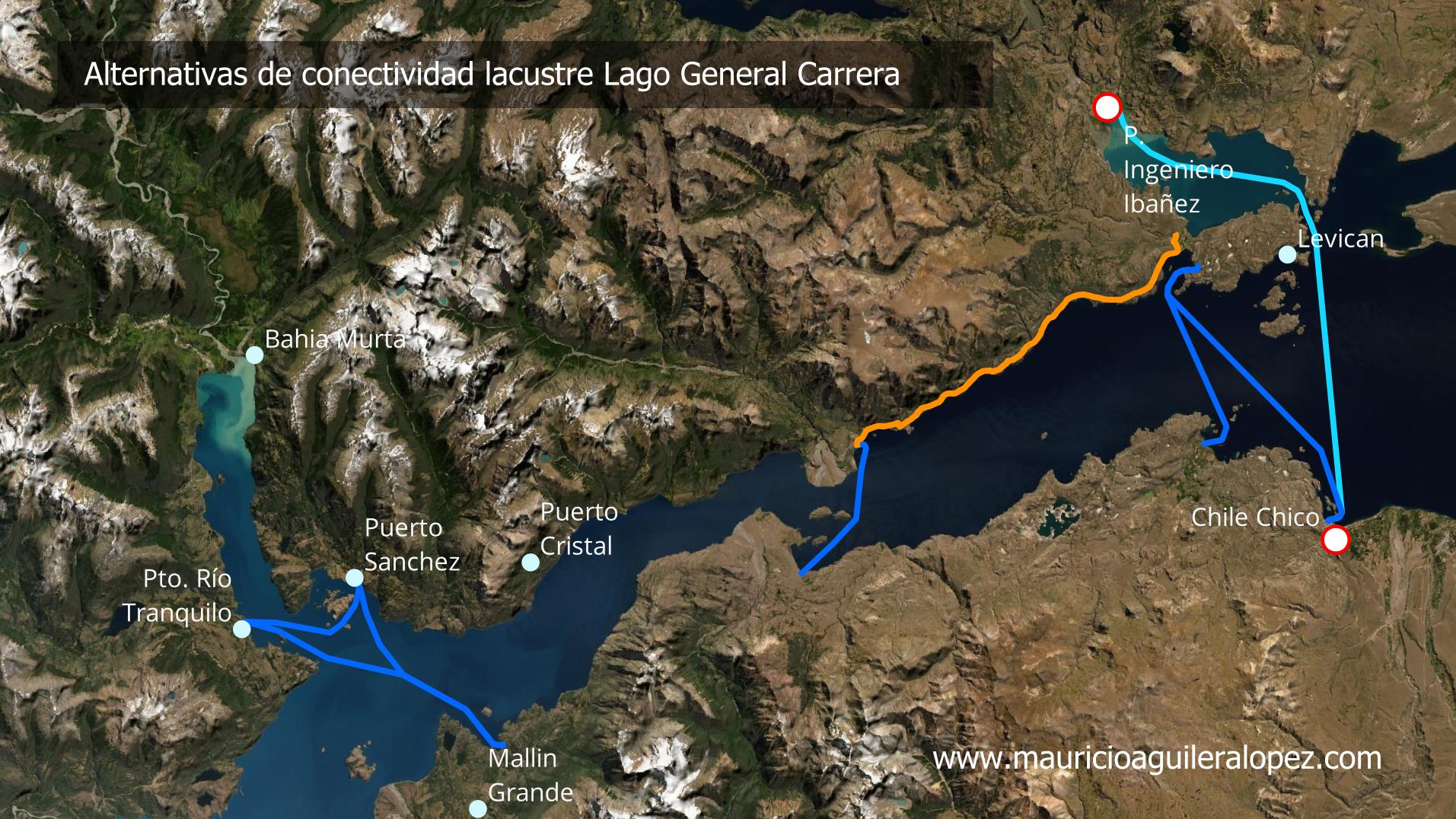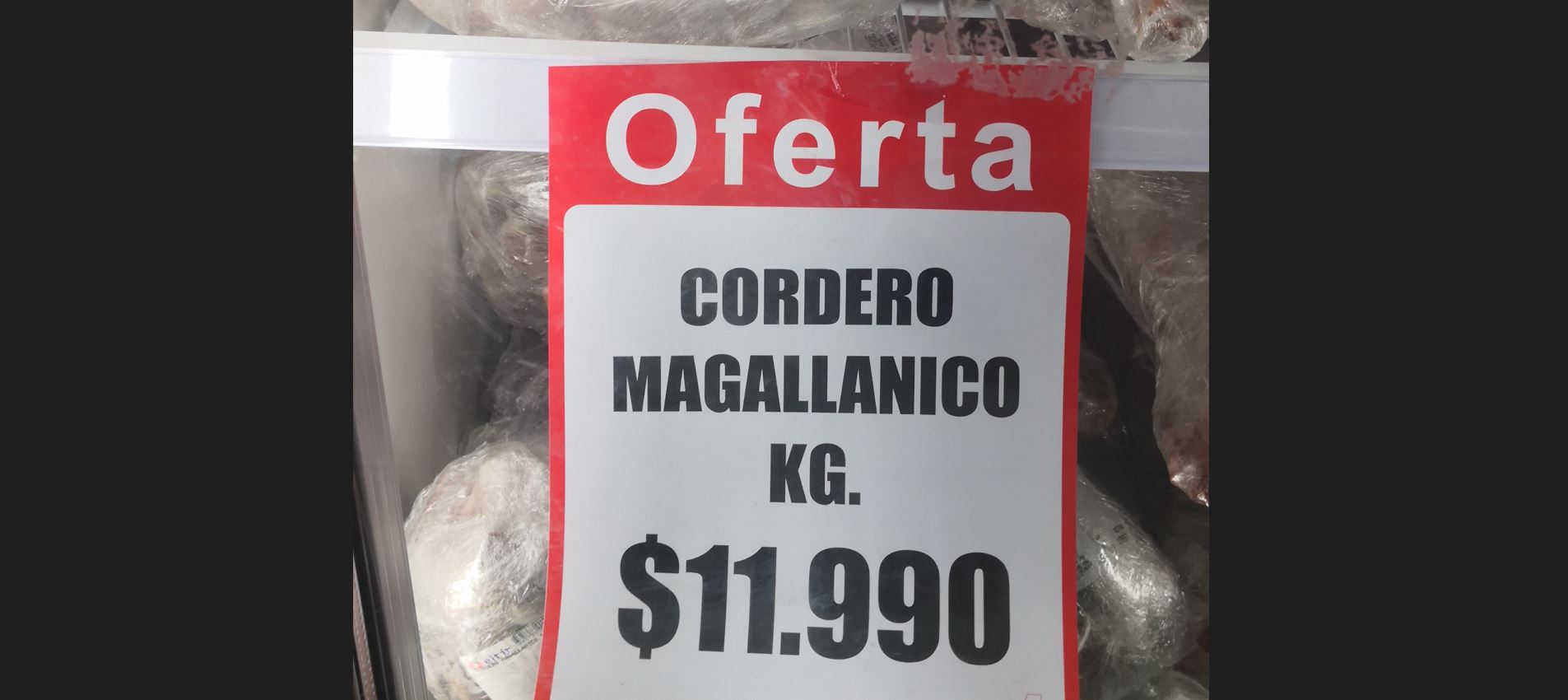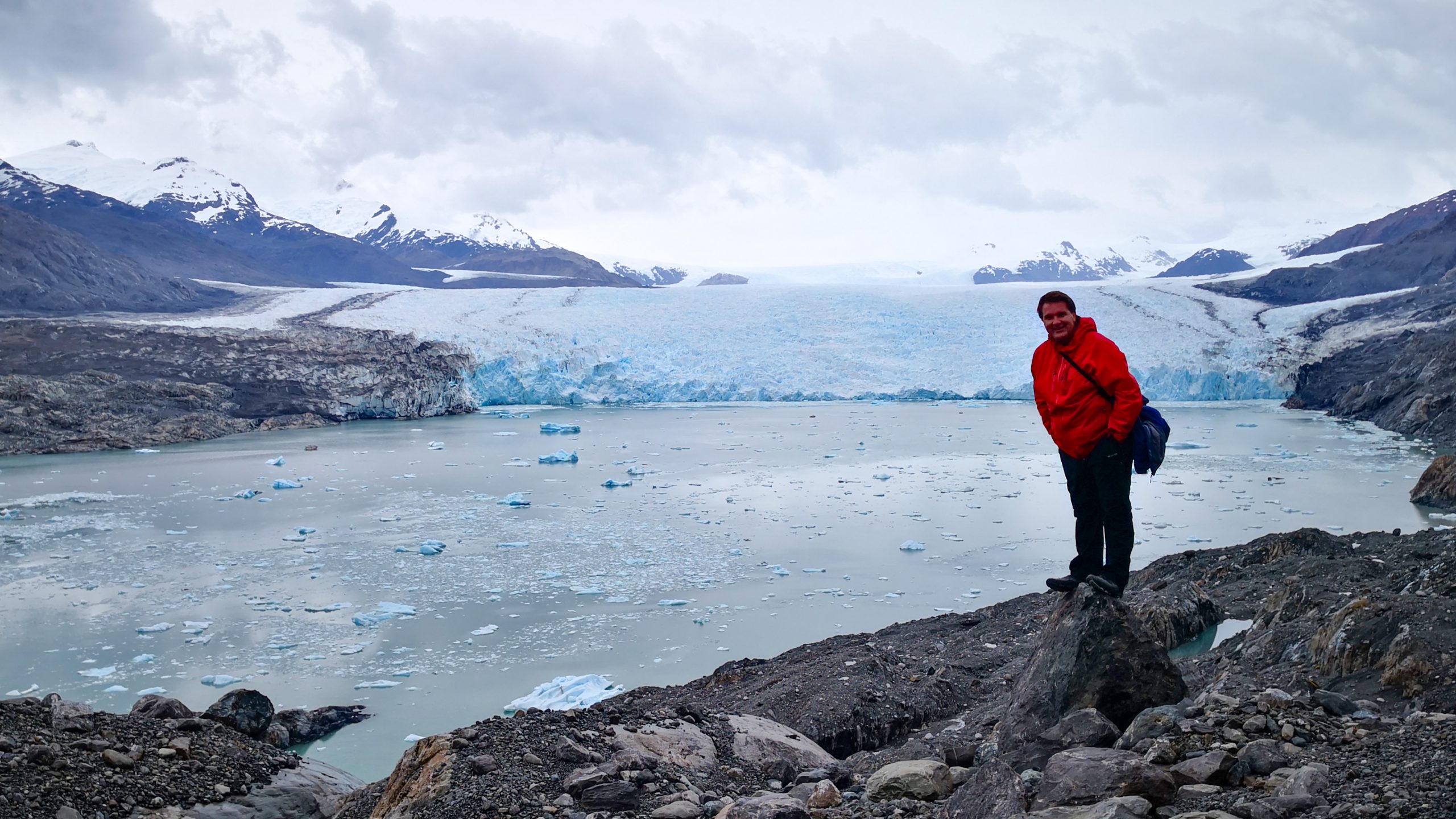Extinction of biodiversity is also extinction of the deepest human experiences
The loss and extinction of biodiversity through homogenisation and/or degradation of landscapes and ecosystems is also the loss and extinction of deeper human experiences of nature.
Those of us who are already half a century old have seen how our natural wealth and culture has been lost, to the extent that it is hardly possible to explain in a comprehensible way to new generations what it means to live in a natural environment with little or no human intervention, and how this connects us in a physical, biological and spiritual way with our own history and heritage. We are a product of nature, like other species with which we cohabit; that evolution is imprinted in ourselves, in the DNA, the biochemical book that uses the cellular biochemical machinery to produce ourselves and the new generations, from the elements we take from nature in the form of stimuli, gases, nutrients and for our life forms, as well as the residues of our existence: gases, biological waste, wastes of our way of life and consumption.
If we lose that understanding, how can we have healthy relationships and a conscious connection with ecosystems and the species that make them up, that sustain us and give us life? Modifying the way we teach in schools about the biocultural richness of each territory, making it relevant to the environments where students and their relatives live, is a way to develop these experiences, create awareness and achieve greater self-control and social control of individual and collective actions in order to have more harmonious relationships with our environments.
Let us learn to learn about the natural systems in which we live, how we depend on them and what needs to be done to maintain, restore and protect them; our survival is at stake.
References
Méndez-Herranz, M., J. T. Ibarra, R. Rozzi, and G. Marini. 2023. Biocultural homogenization in elementary education degree students from contrasting ecoregions of Chile. Ecology and Society 28(2):18. https://doi.org/10.5751/ES-14080-280218



